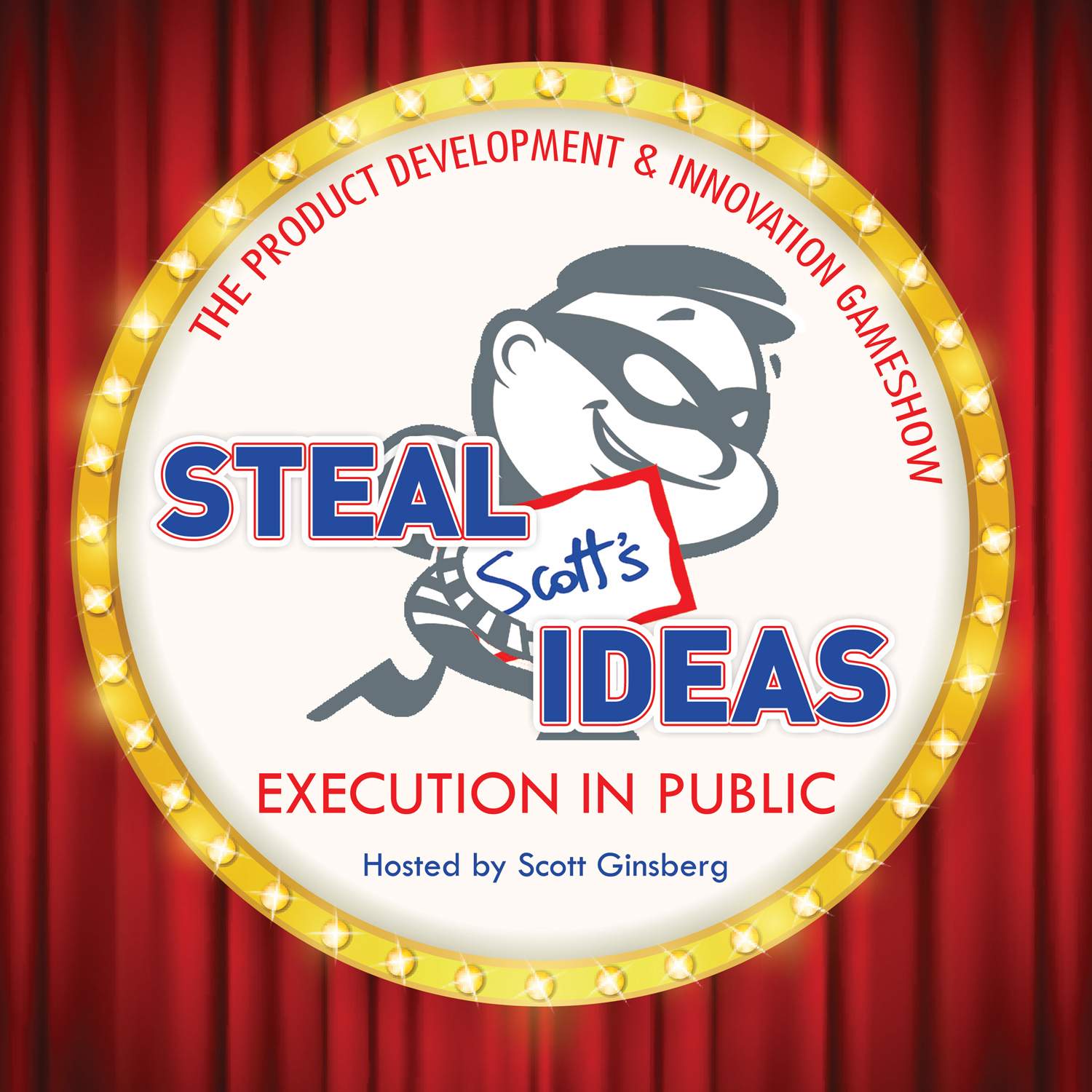

Each of us is subjected to the nonstop jabbering of other people’s unsolicited opinions, advice and feedback.
We can’t avoid it any more than we can avoid the law of gravity.
But unless we are properly boundaried, we will quickly become flustered, flattened, enraged. The opinions of others will erode our belief in our inherent worth and activate the sharp terror of a lost confidence in ourselves.
It’s bad times.
One way to stop putting ourselves at the mercy of this criticism is by employing a feedback filter. It’s a binary grounding question we ask ourselves to recalibrate and put things in perspective. Here are two examples that have been helpful for me.
Is this mine, or is this theirs?
Is this a pattern, or an isolated event?
Because if somebody’s opinion, solicited or not, comes out of left field and doesn’t track for us in the slightest, then it’s most likely the latter on both accounts. It’s more of a projection than a perception. More of a misfired accusation than a meaningful appraisal.
Which is fine. We let people be in love with their opinions, but we use our filter to keep from getting get entangled in their emotions.
Chinese philosophers wrote about this distinction a few thousand years ago, saying that the source of our strength lies not in ourselves but in our relation to other people, and if our emotional center of gravity depends on external opinion, we are inevitably tossed to and fro between joy and sorrow.
Remember, each of us chooses how much weight we grant people’s opinions.
Let us not abandon our path simply because others have a problem with it.
LET ME ASK YA THIS…
What binary filter helps you differentiate between constructive help and the feedback pinball machine?
* * * *
Scott Ginsberg
That Guy with the Nametag
Author. Speaker. Strategist. Inventor. Filmmaker. Publisher. Songwriter.
scott@hellomynameisscott.com
 It’s the world’s first, best and only product development and innovation gameshow!
It’s the world’s first, best and only product development and innovation gameshow!
Tune in and subscribe for a little execution in public.
Join our community of innovators, artists and entrepreneurs
